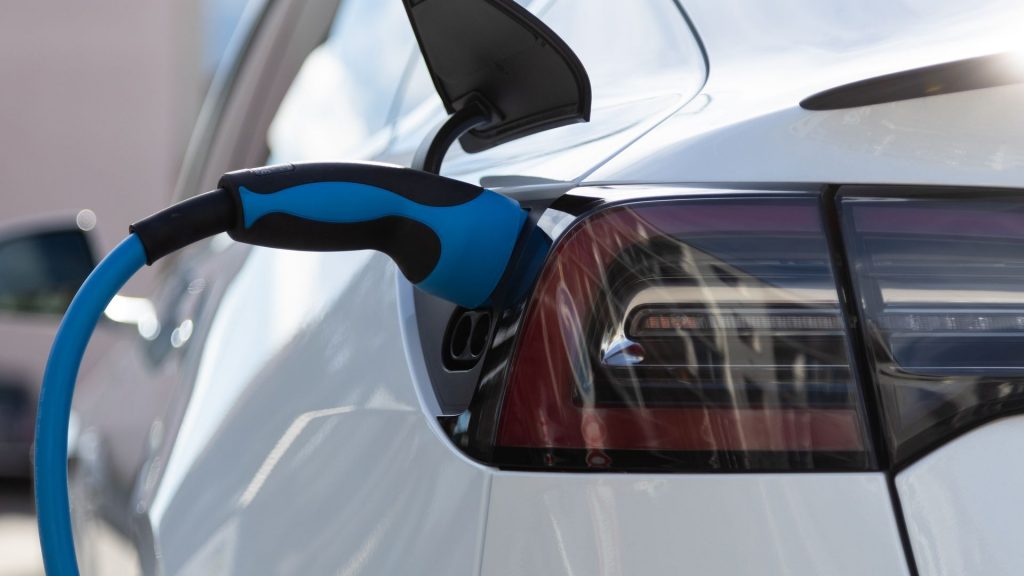House Republicans seek to overturn California 2035 EV mandate
Ella Greene April 23, 2025 0
House Republicans are trying to overturn EPA waivers that allow California to implement stricter automotive pollution and environmental standards than are required under federal law. Lawmakers plan to vote next week on Congressional Review Act (CRA) resolutions, which allow Congress to overturn an agency rule with the approval of the president.
There are three separate CRA resolutions: one to overturn California’s EV mandate, one on its “Advanced Clean Trucks” regulation, and another on its nitrogen oxide engine emission standards.
California’s EV mandate requires car manufacturers to increase the number of zero-emission vehicles they sell each year, hitting 100% of sales by 2035.
California’s Advanced Clean Trucks regulation requires heavy-duty trucks, or vehicles that weigh between 8,500 and 10,000 pounds, to be 100% zero-emission by 2035. It also requires zero emissions by 2035 for 40% of semi-truck sales and 55% to 75% for other commercial truck types.
Rep. John James, R-Mich., introduced the resolution and said California’s rule would essentially kill Michigan’s trucking industry.
“Michigan is not afraid of the future, but we demand to be a part of it,” James said. “The Biden Administration left behind comply-or-die Green New Deal mandates that threaten to crush our trucking industry and drive up costs for hardworking Americans.”
Finally, Republicans will attempt to overturn a rule that creates stricter standards for nitrogen oxide emissions from trucks. The state said toxic diesel particulate matter is responsible for 80% of smog-forming nitrogen oxide emissions. They contend the new standards for idling, low-load, and heavy operation will reduce that pollution by up to 90%.
The resolutions in the House have also been introduced in the Senate, where CRAs need a simple majority for approval. Republicans have already overturned multiple Biden-era agency regulations that they perceive as burdensome.
California is given waivers because it has a special exemption under the Clean Air Act, allowing the state to ask the EPA for permission to set its own standards. States aren’t allowed to set their own rules, lest they’re forced to constantly tweak their vehicles to meet whichever state is strictest. However, while states can’t write their own rules, they are allowed to adopt California’s.
California was given the exception because Congress determined the state demonstrated “compelling and extraordinary” circumstances which require it to, from time to time, have stricter standards than the rest of the nation. Those circumstances included the state’s smog problem and its work to innovate in automotive technology.
Related Stories
Ella Rae Greene, Editor In Chief
Ella Greene
Ella and the staff at Clear Media Project (CMP) curate these articles.
Unless otherwise noted CMP does not write these articles.
The views, thoughts, and opinions expressed in the articles published on this blog belong solely to the original authors and do not necessarily reflect the views of the blog owner. The blog owner does not claim ownership of the content shared by contributors and is not responsible for any inaccuracies, errors, or omissions.
All rights and credits goes to its rightful owners. No Copyright Infringement is intended. If you believe any content infringes on your rights, please contact us for review and potential removal.





